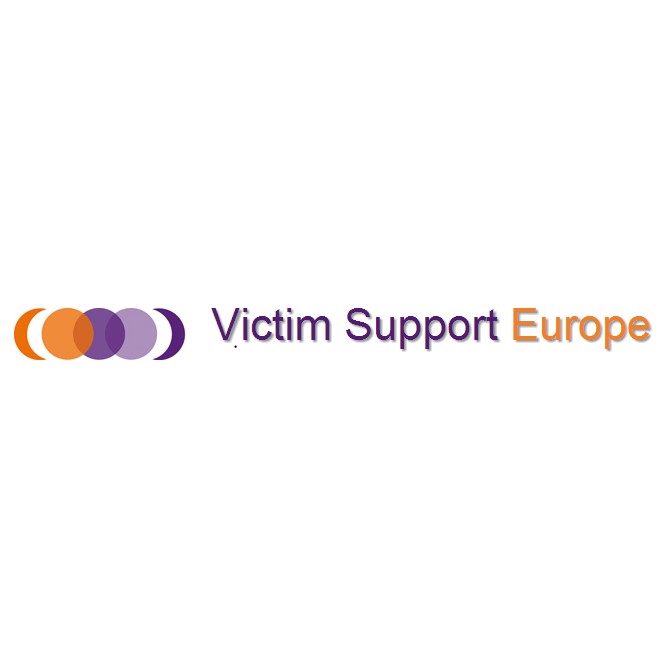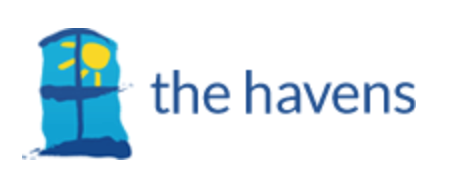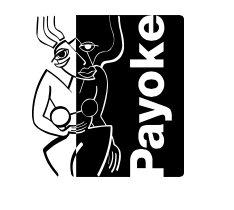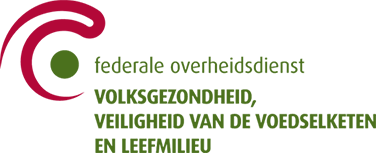WHY INHeRE?
Migrants, Applicants of International Protection and Refugees (MAR) are at high risk of sexual victimization (SV) prior to but also upon arrival in Europe. Adopting an integrated and holistic approach (i.e. encompassing forensic, medical and psychosocial care) from detection to follow-up has been recognized as the best care for all SV victims, including victims of trafficking for sexual exploitation. However, the access to holistic care for MAR victims is hampered by a broad range of barriers.
Health care providers, law enforcement officials and cultural mediators/interpreters working with MAR victims of sexual violence, often lack the specialist knowledge, language skills and tools to provide and/or refer to inclusive holistic care to MAR SV victims. Capacity building of key professionals working with vulnerable MAR victims of SV/ST through tailored tools and by streamlining care pathways between professions is thus urgently needed.
INHeRE’S OBJECTIVES
With a consortium composing of Ghent University-ICRH/CESSMIR (BE), the Belgian Federal Service of Public Health (BE), Payoke (BE), Victim Support Europe (EU), NHS The Havens (UK) and the Irish Department of Justice (IE), that is supported by international experts from a.o. EFPA, PICUM, CESAR and IEWM, we aim to improve holistic care for MAR victims of SV, regardless of their age, gender, sexual orientation and/or legal status by strengthening the capacity of multi-sector professionals (see below). We pay specific attention to make care pathways inclusive for MAR victims who are male, LGBTQIA+ and/or victims of trafficking. To this end we apply a highly participatory research approach.
INHeRE’s specific objectives are:
- Building capacity and enhancing culturally/diversity-competent practices of 5 key professional groups (see below) working with MAR through online and onsite training.
- Aligning national policies with EU regulations and guidelines for safe reporting of SV regardless of legal status.
- Bridging competencies, practices and policies across professions in order to streamline care pathways.
BENEFICIARIES
The primary beneficiaries of INHeRE are the following key professionals:
- who could detect, assist and refer MAR victims to SACCs and provide follow-up care.
- (forensic nurses, trauma psychologists, social assistants, …) who provide holistic care to SV victims.
- who investigate and/or conduct the hearings of vulnerable victims of SV and sex trafficking.
- who provide long-term psychological follow-up care for survivors of SV outside of SACCs.
- who assist in SV cases at asylum reception facilities, SACCs and psychological follow-up services.
Secondary beneficiaries are MAR victims of sexual violence and trafficking that are residing in the three participating countries (Belgium, Ireland, and UK) as well as in other EU countries at the longer run. Tertiary beneficiaries are policy makers, civil society and academia who will acquire increased knowledge, evidence as well as tools for better practices, laws and procedures.
METHODOLOGY & RESEARCH APPROACH
We apply a mixed methods methodology, combining quantitative and qualitative research within a feasibility study with capacity building and clinical, social and police practice improvement.
The overarching research approach is a Community Based Participatory Research (CBPR). Herein, the establishment of structures for participation by communities affected by the issue being studied, organizations and researchers in all aspects of the project is core. In each of the three participating countries (Belgium, Ireland, and UK), Implementation and Community Advisory Boards (ICABs) consisting of professionals who directly or indirectly care for MAR victims, MAR victims themselves as well as representatives of LGBTQIA+-, migrant-, and victim support organizations, will be set up.
EXPECTED OUTCOMES
In addition to general external communication and sensitization activities to share our knowledge , we specifically aim to improve practices by developing the following evidence-based tools & programs:
3 practice improving tools:
(1) A checklist for the detection and care at asylum and reception centres and referral from them to the SACCs;
(2) A ‘good practice’ script that guides the verbal and non-verbal communication of the police while interrogating MAR SV victims;
(3) An upgraded international remote video interpreting system that supports provision of care for MAR SV victims speaking different languages at SACCs and the Asylum Reception Initiatives.
Capacity building training program consisting of 8 Massive Open Online Courses (MOOCs) as well as of 4 face to face in-depth training of trainers for 60 key professionals (see above).
Safe reporting and hearing scripts for (un)documented MAR victims of SV and ST: a mapping and a rapid appraisal of national laws, policies and practices regarding reporting and hearings of (un)documented MAR victims of SV and ST will result in the development of good practice scripts. These scripts will be field tested with police authorities committing to refrain from reporting/arresting undocumented MAR SV victims who participate in the field test.









